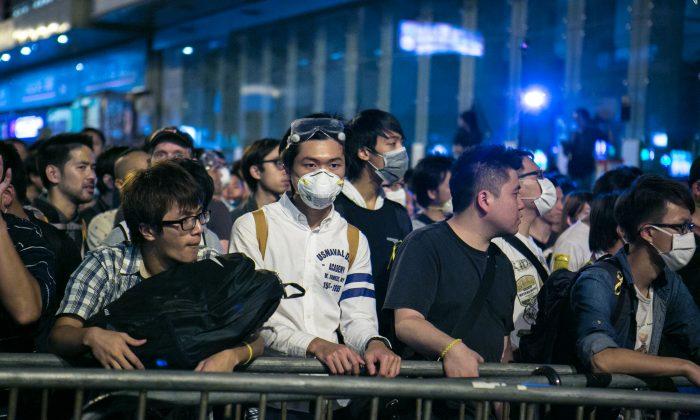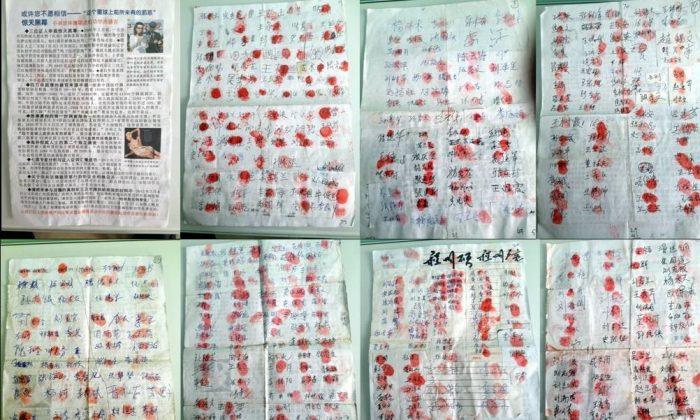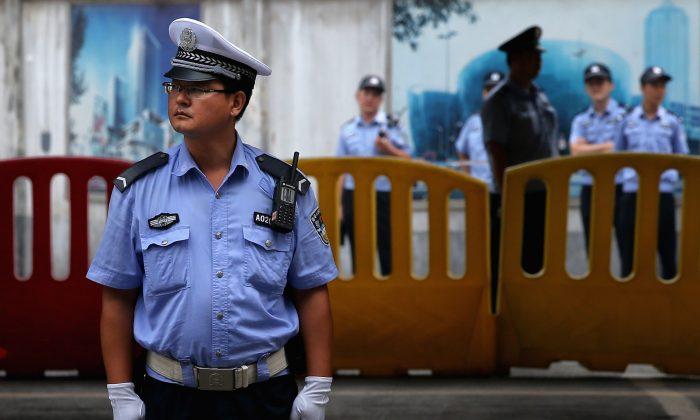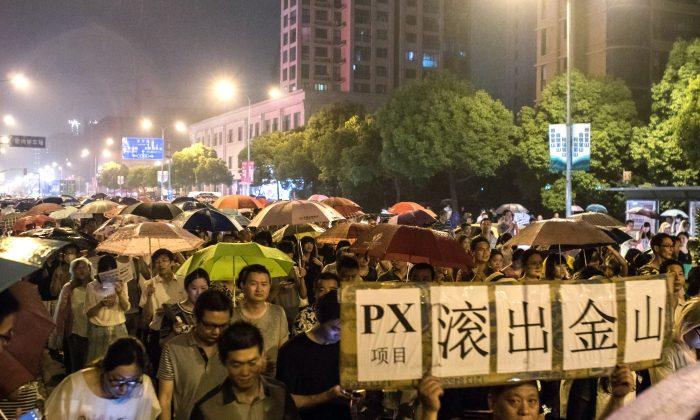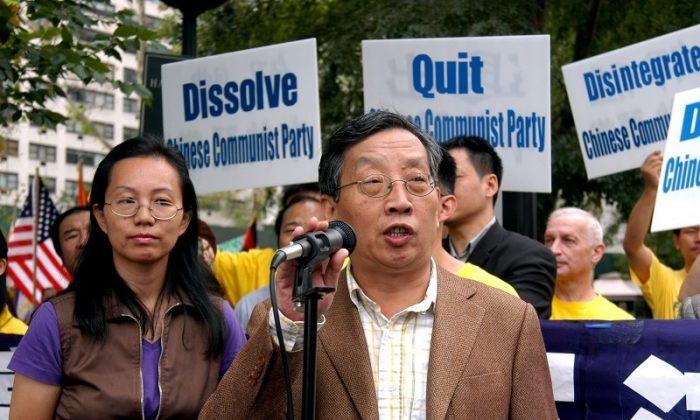With two injunctions issued Monday evening the High Court in Hong Kong has threatened to take the occupy out of Occupy Central, banning the blocking of roads in the two key neighborhoods that have been the focus of the pro-democracy protests.
In an injunction issued at around 6:30 p.m., local time, the Occupy Central protesters are banned from blocking Argyle Street, Nathan Road, Tung Choi Street, and Portland Street in Mong Kok. If the order is violated, students could be charged with “causing a nuisance to the public.”
Another injunction was issued by the High Court at around 8 p.m. that bans protesters from occupying Tim Mei Avenue and Lung Wui Road in Admiralty, the neighborhood that includes the Hong Kong government complex.
The case involving Mong Kok had been brought by taxi drivers associations and a local bus company. The court found that that Occupy Central had disrupted the public and impacted the taxi industry, according to Hong Kong news agency TVB.
The injunction regarding Mong Kok will be valid until 10 a.m. on Oct. 24, according to the notice which was posted on the streets by the High Court staff members Monday evening.
The case involving Admiralty was brought by business owners at the CITIC Tower, according to Hong Kong newspaper Apple Daily. The order allows business owners to remove barricades set up by protesters on the roads, and says protesters are not allowed to stop them.
The protests demanding universal suffrage for the election of Hong Kong’s chief executive have entered their fourth week since Sept. 28, when they a student sit-in suddenly became dramatically larger.
The blocking of streets has been a gambit by protesters to force the Hong Kong government to negotiate with them. On Oct. 16, Hong Kong chief executive agreed to holding talks with the students, which will begin on Tuesday, Oct. 21.
Before agreeing to talk, the government attempted to end the students’ occupations in key locations. Over several days last week, the police conducted clearing operations in both Admiralty and Mong Kok. The clearing of protesters from Lung Wo road and tunnel last Tuesday resulted in charges of police brutality being brought.
The new order gives Hong Kong police more authority to break up the protests and arrest the protesters.
In response to the court injunctions, Scholarism leader Joshua Wong told media in Hong Kong that the protesters have the decision to stay or leave, and he asked protesters to remain peaceful.
“I believe that Occupy Central people definitely respect the rule of law,” Wong said. “Thus, no matter if there’s an injunction or not, citizens will respect the rule of law, take the risk of being arrested, and take the results of going to the court and even being put in prison.”
Wong also pointed out that an injunction issued by the High Court last Tuesday was against the anti-Occupy Central group that blocked the building of pro-democracy newspaper Apple Daily was not enforced by the police.
Wong said if police enforce the injunction against the pro-democracy protesters, it would show a double standard with how the two groups are treated, according to Apple Daily.
Hundreds of pro-democracy protesters continued to gather peacefully at Mongkok on Monday night, refusing to leave. A high school student said he would not leave because he wants the world hear the protesters’ voices.
The student said “the media doesn’t let people know what happened, and if people can’t speak up, then the injustice and truth in the society will be completely buried in darkness.”
With additional reporting by Liang Zhen.
